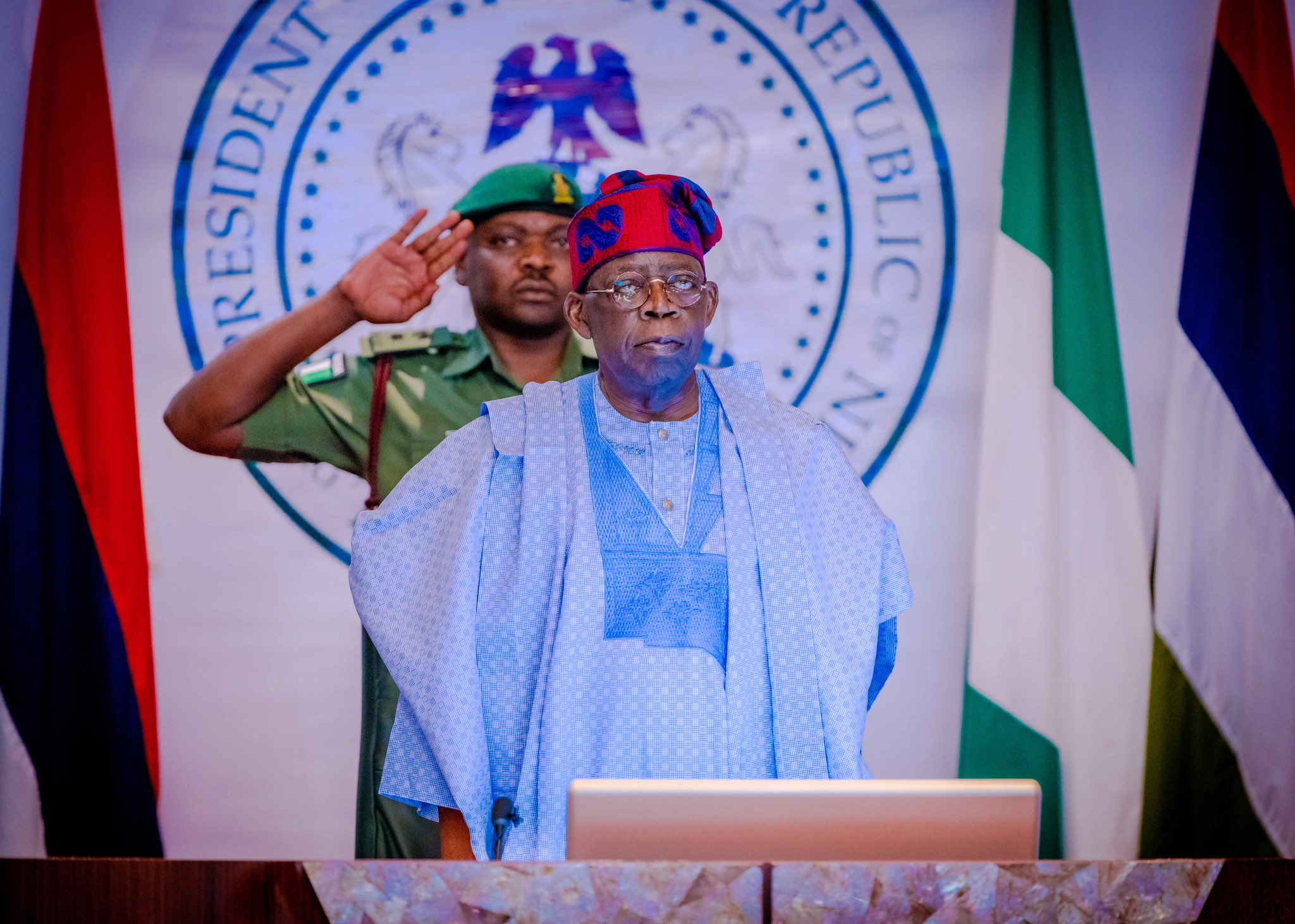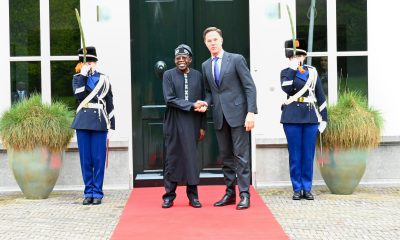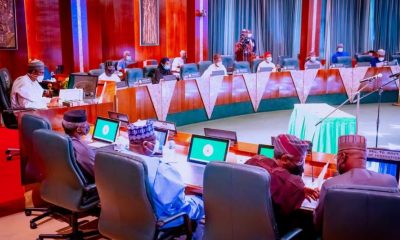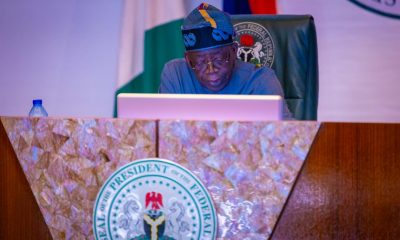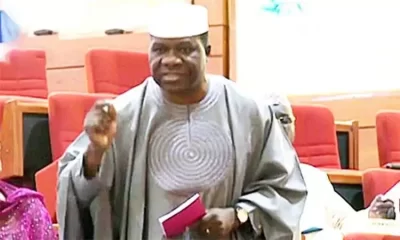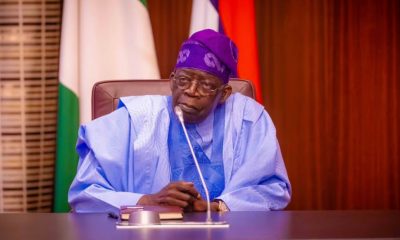President Bola Tinubu on Thursday, June 29, completed one month in office with eventful policy decisions after his inauguration on May 29.
While President Tinubu is yet o nominate ministers for Senate’s screening and confirmation, he has made other significant appointments which include the Secretary to the Government of the Federation, former Governor of Benue State, George Akume; the Chief of Staff, Rt. Hon. Femi Gbajabiamila; 20 special advisers. The eventful decisions include the removal of the service chiefs inherited from former President Muhammadu Buhari, and appointment of new ones, including the Inspector General of Police, Comptroller General of Customs, etc.
President Tinubu also within the first one month in office removed subsidy on petrol by fiat, dissolve the monopoly of the Nigerian National Petroleum Company Limited (NNPCL) as sole importer of petrol, offered licenses to six companies to import petrol. The sudden termination of the subsidy regime has caused rapid increase in the pump price of petrol to astronomical high cost. This has harsh multiplier effects on the cost of transportation, as well as sharp rise in prices of goods and services. This is in addition to rise in the cost of production, which would have high risk of rising unemployment rate, rising crime rate, and other vices in the country.
President Tinubu also liberalized foreign exchange transactions, throwing the market open for parallel exchange rates of Naira to other foreign currencies among the Central Bank of Nigeria (CBN), commercial banks and the Bureau de Change (BDC) and others. The exchange rate of Naira to dollar has risen to all-time high of over N750 to $1.
President Tinubu has within the first 30 days in office attended one international summit in France, made a foreign trip to London, the United Kingdom (U.K.).
The President made his first mark in government with the suspension of the Governor of the Central Bank of Nigeria (CBN), Godwin Emefiele; then indefinitely suspended the Chairman of the Economic and Financial Crimes Commission (EFCC), Abdulrasheed Bawa, after series of corruption allegations.
The President also signed two Acts of the National Assembly into law, one of which include Loans for Students in tertiary institutions of learning.
President Tinubu also constituted the National Economic Council (NEC), appointed Vice President Kashim Shettima Chairman of the Council.
The federal government under the leadership of Tinubu is still making arrangements for palliatives to alleviate the hardship caused on Nigerian citizens by the sudden removal of petrol subsidy. The World Bank has cautioned that over 101 millions will go into poverty if there are no palliatives to cushion the hardship arising from the petrol subsidy removal.

 Health & Fitness3 days ago
Health & Fitness3 days ago
 Featured7 days ago
Featured7 days ago
 Education1 week ago
Education1 week ago
 Aviation5 days ago
Aviation5 days ago
 Business1 week ago
Business1 week ago
 Business7 days ago
Business7 days ago
 Crime1 week ago
Crime1 week ago
 Aviation4 days ago
Aviation4 days ago
